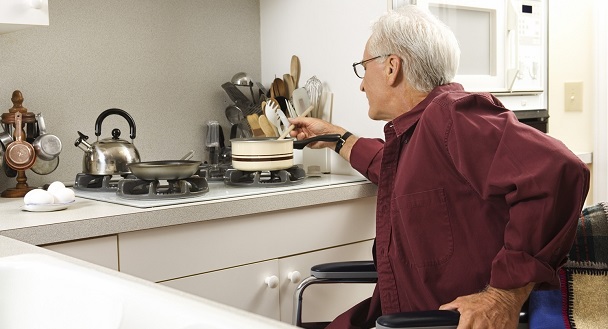
According to Repossession Stoppers, there were approximately 500 home repossessions a month in 2018. Repossessions happen when a homeowner with a mortgage can no longer afford their repayments, and the lender takes back ownership of the property. They have a number of stages, each of which a lender needs to legally follow.
If you are in arrears on your mortgage don’t wait until your lender starts repossession proceedings, speak to a debt adviser who can help you manage your finances and speak to your lender on your behalf if needed.
1. Written notification of mortgage arrears
Under the terms of your mortgage, there will be rules a lender needs to follow if you do not make the required repayments on your home. The first step will be contacting you in writing to try and come up with a solution.
A mortgage lender also has to follow guidelines laid down by the government. For example, they need to tell you how much you owe and to consider any proposal for repayment you have made. If they turn down your proposal, they need to let you know why in ten days.
While it can be overwhelming to have gotten to this stage, don’t ignore your lender’s letters and talk to them about what your options are. If you don’t, you are increasing the risk your home will be repossessed.
2. Possession order
If you and your lender can’t reach agreement on repayments, they will apply to the local county court for a possession order. Their application will need to give reasons for why they are repossessing your home, and it needs to be approved by a judge.
A lender has to give you fifteen days’ notice of their intention to file a possession order and let the council know of your court hearing within five days of being told the date in case you are evicted and might be made homeless. If they don’t, you may be able to have the court hearing adjourned, or the case dismissed.
3. Court hearing
Judges won’t make a decision on the possession order without a court hearing, which you will be invited to attend. You will be sent a letter with the date and time of the hearing, the lender’s reasons for repossessing your home, and a defence form that you will be asked to complete and return to the court.
You need to reply to the court with the defence form. If you aren’t sure how to respond, contact a debt advice agency such as Citizens Advice who will help you complete it.
4. Court decision
At the hearing, a judge will hear your case and decide on the application for possession. This might include:
- Allowing your home to be repossessed, which means your lender can sell your home to repay your debts and you will be evicted. If a possession order is granted, the judge will decide when you need to leave your home; this could be anywhere from 28 to 56 days.
- Making a suspended possession order, which means you can stay in your home if you meet certain conditions, making ongoing mortgage payments, for example, in addition to repaying the arrears.
- Adjourn the case, which means the lender has to provide more information or take certain steps before returning to court.
- Dismiss the case against you.
If a possession order is granted, you could be ordered to pay court costs and the lender can add their legal costs to any outstanding debt.
5. Selling your home
After your house has been repossessed, your lender will sell your home. Until it is sold, you will be responsible for paying interest on your outstanding debt. Once it has been sold, they will use the money to pay off your debts to them and then pay you any remaining funds.
If the sale of the house doesn’t cover your outstanding debt, you could still be liable to pay this back.
What happens if you don’t leave?
If you don’t leave on the date set by the judge, your lender can send bailiffs in to remove you and your belongings from the home. They can also send in bailiffs if you don’t meet the terms of you suspended possession order. Bailiffs cannot remove you from your home without a warrant and must give you written notice they will be repossessing your home. If you refuse to leave, they can call the police.
The lender can add any costs for the bailiff onto your outstanding debt. If you can’t leave because you might be homeless, speak to your local council as soon as possible, ideally before your court hearing.



